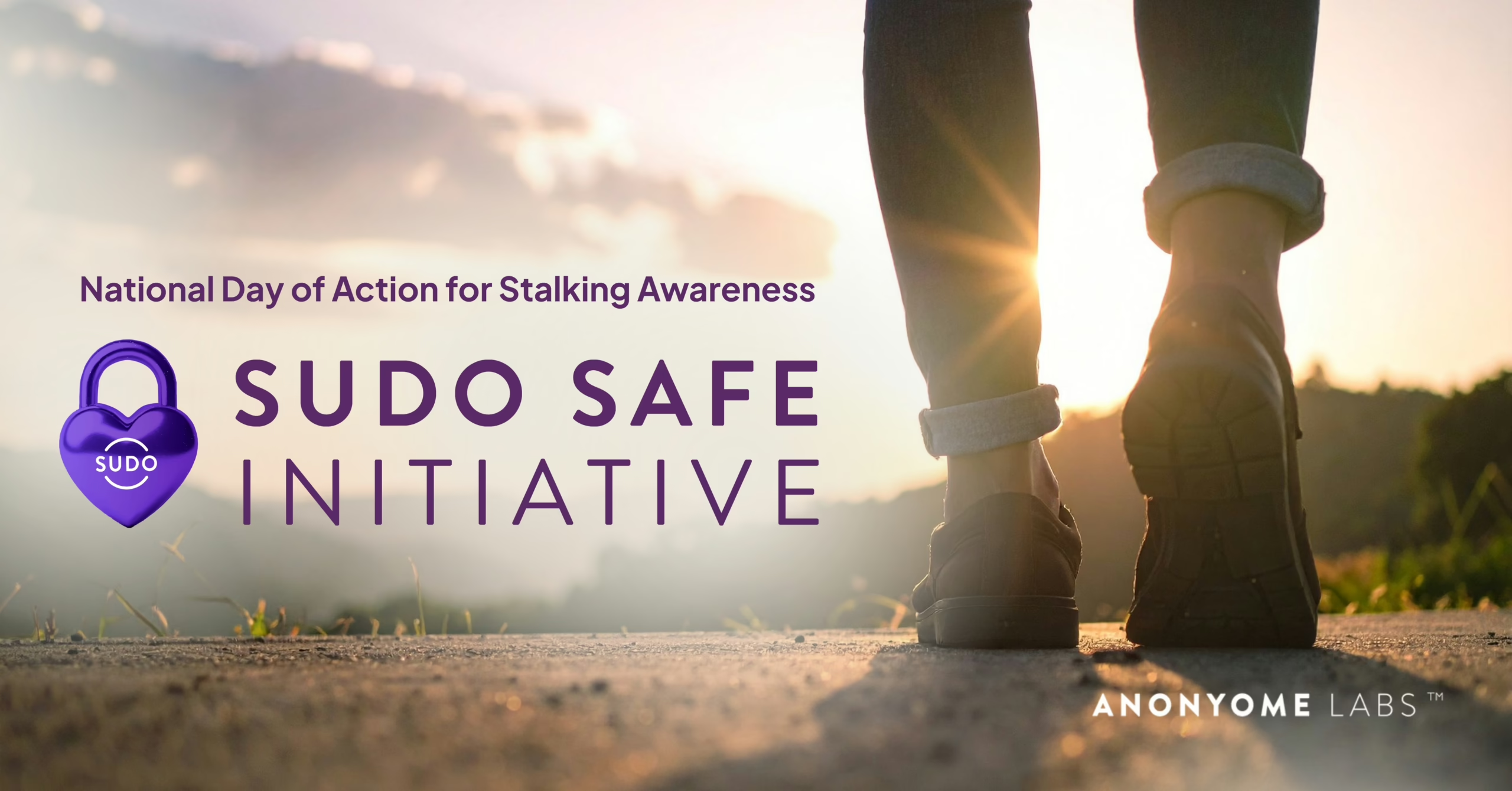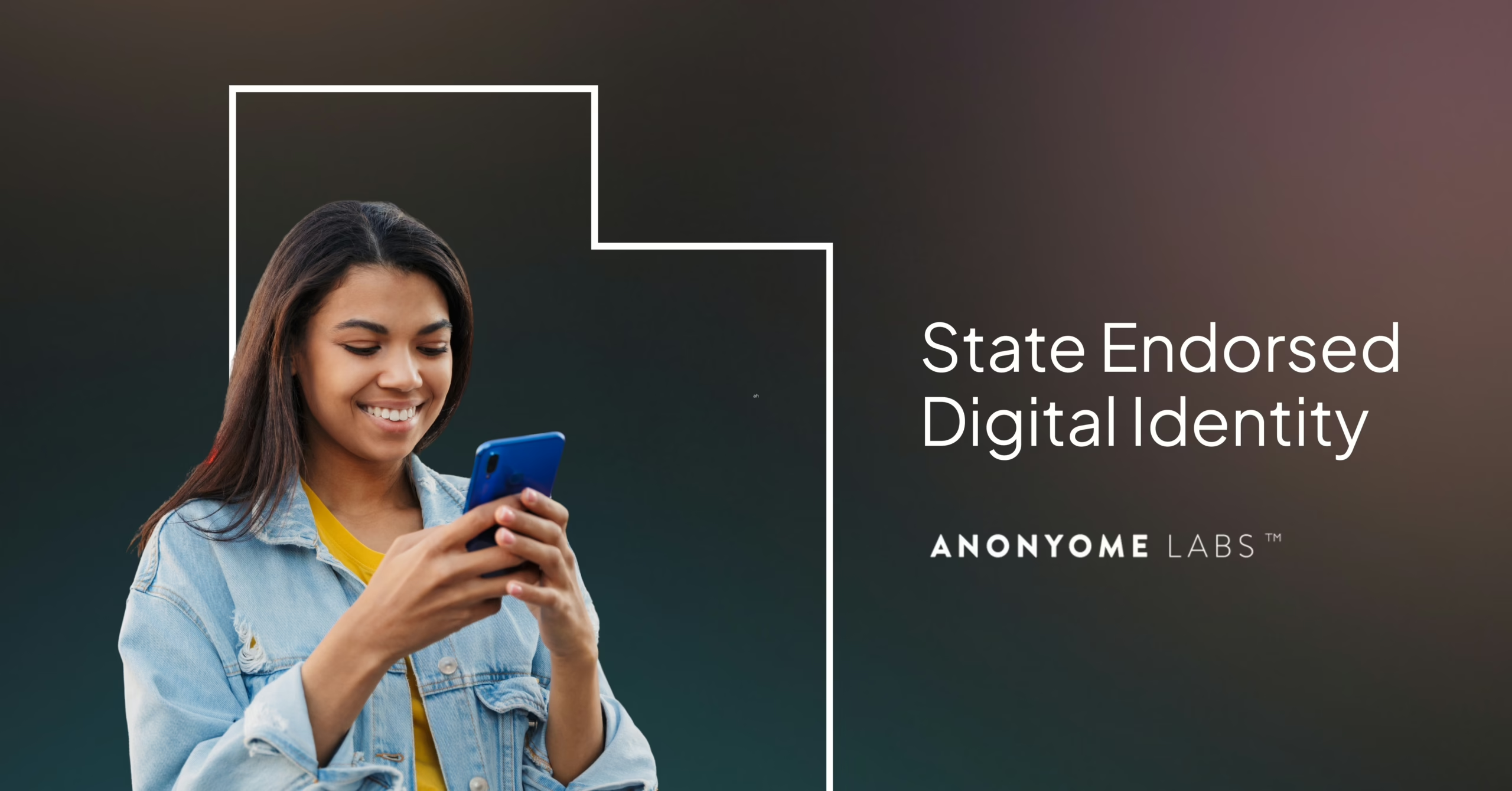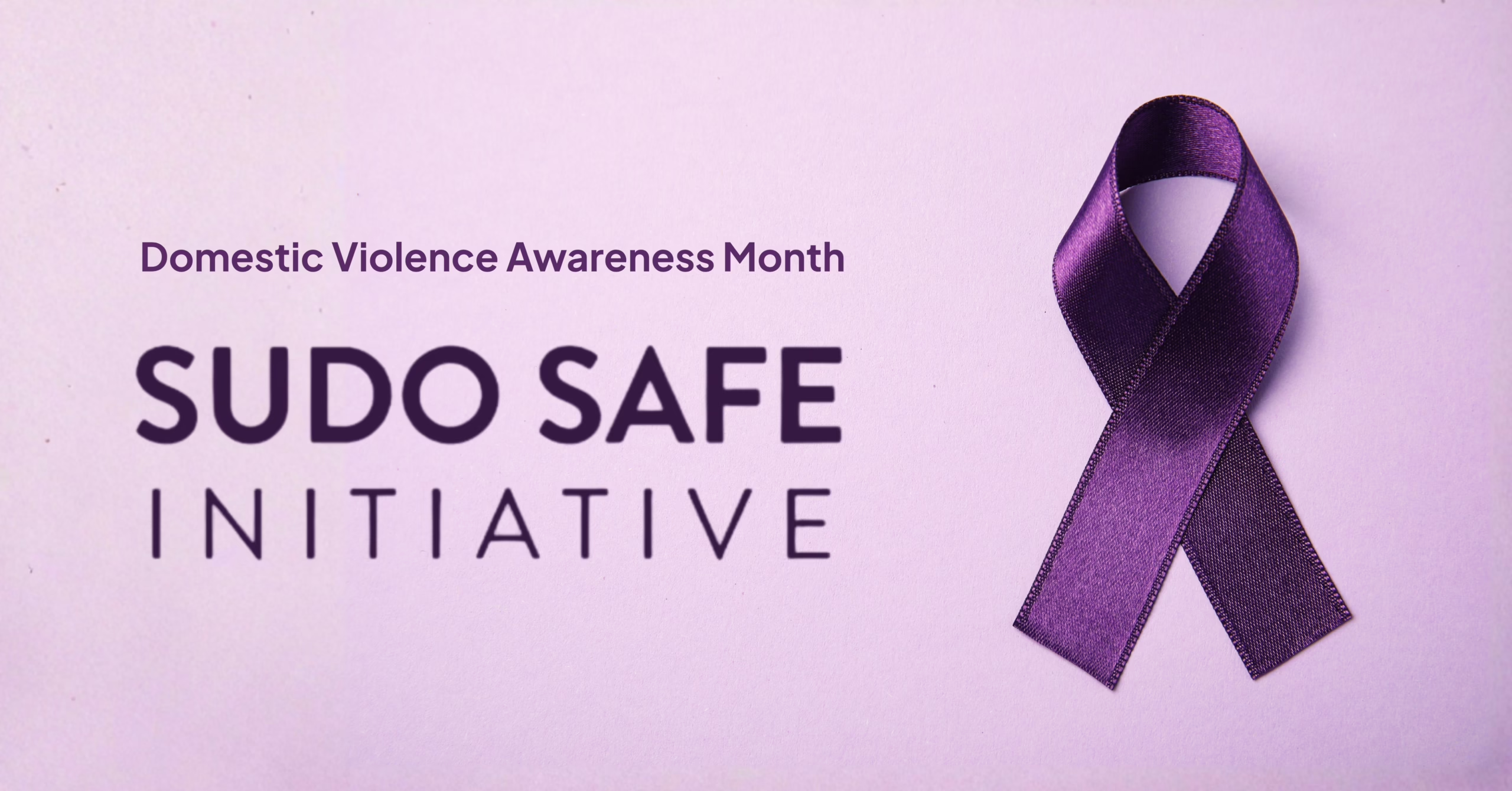How about the cybercriminals who recently published one million users’ credit card details for free to launch their new “criminal marketplace”? Calling it a “promotion of unprecedented generosity” it sounded as breezy and innocent as a farmer giving away free tomatoes to bring punters to a market stall.
Except it’s not breezy. Or innocent. It is in fact more evidence of how your credit card information can be stolen or breached at any time, mostly in ways beyond your control, and how MySudo virtual cards* offer real defense against credit card misuse.
We’ve talked a lot about MySudo virtual cards in recent years. For instance:
- The 7 Big Benefits of Using Virtual Cards in MySudo
- The Most Private Way to Use MySudo Virtual Cards
- Why Your MySudo Virtual Card is More Private than a Bank’s Virtual Card
- And plenty more.
But we keep telling you about this privacy tool so you can better protect yourself against exactly the type of data abuse this new criminal dark web carding site, All World Cards, showed the world with its “unprecedented generosity” around early June.
According to CPO magazine, “The platform already has over 2.5 million stolen credit cards selling between $0.30 and $14.40. Over 1.1 million credit cards were stolen from victims in the United States.” CPO says it appears about 20 per cent of the stolen credit cards are still active and about 50 per cent haven’t yet been compromised, despite their availability on the dark web platform. The cards were stolen in 2018 and 2019.
CPO says credit card numbers, expiration dates, CVV numbers, and personal information like names, phone numbers, email addresses, countries, states, cities, addresses, and zip codes were all exposed in the breach.
The breach exposes the users to carding, where criminals use bots to validate the stolen cards and then use the proven cards to purchase gift cards and draw funds or to commit identity theft and other fraud.
Worldwide payment card fraud losses are set to exceed $35 billion in 2023. In 2018 in the US, a fraudulent credit card use occurred every 3.5 minutes. In 2019, the total number of records exposed in data breaches increased by a massive 284 percent over 2018, with over 15.1 billion records exposed.
So you can see why we keep going on about MySudo virtual cards.
A MySudo virtual card is like your personal credit or debit card, with far less risk. It’s not associated with your personal identity or your personal credit or debit card number, so you’re protecting your private information and limiting your financial risk. You can have an active MySudo virtual card for every Sudo you create in the app.
You can think of a virtual card as a financial avatar. It goes online in place of you and your personal credit or debit card and completes transactions without leaving your personal information. Combined with the other features in MySudo, it’s a powerful tool in your privacy toolbox—and we all need plenty of those.
Read all the benefits of MySudo virtual cards or set one up now in 5 simple steps.
If you don’t have MySudo, download it here.
*This card is issued by Sutton Bank, Member FDIC, pursuant to license by MasterCard International. Card powered by Marqeta.
Photo by Pic



